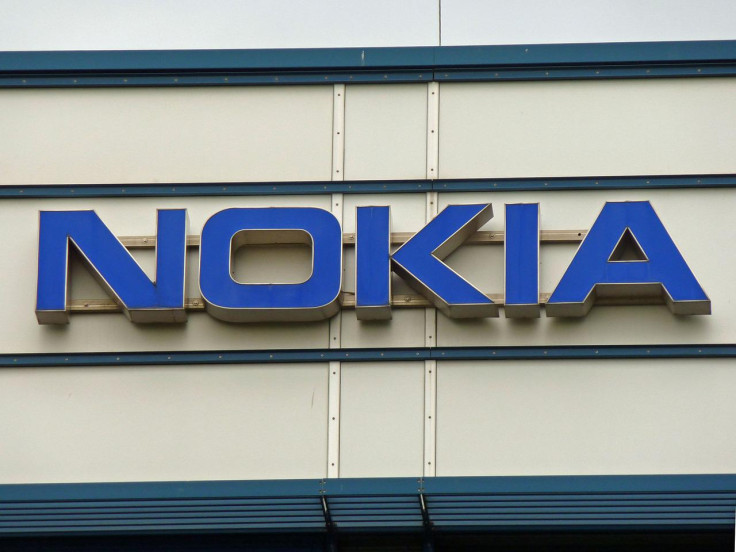Nokia Stock Soars After Nvidia's $1B Stake: What Investors Need To Know
The telecoms firm plans to expand its AI-driven networking and optical technologies.

Nokia's shares soared nearly 25% this week after US chip giant Nvidia announced a $1 billion (£753 million) equity investment in the Finnish telecoms company. The deal, which gives Nvidia a 2.9% stake in Nokia, marks a major vote of confidence in the group's transformation strategy and its potential role in the rapidly expanding AI connectivity market.
The announcement sent Nokia's stock to its biggest one-day gain in years, adding billions to its market value and reigniting optimism among long-term investors who had seen the firm struggle through the 5G transition.
For Nvidia, the move coincided with its own milestone as its market capitalisation edged closer to $5 trillion (£3.7 trillion), reinforcing its position as the world's most valuable chipmaker.
Nvidia Bets on AI-Driven Networks
Nokia said the fresh capital will be used to expand its portfolio of AI-optimised networking and optical systems — technologies that are becoming essential as demand for faster, more intelligent data transmission grows.
In a statement, Nvidia CEO Jensen Huang described telecommunications as the 'digital nervous system of modern economies', underlining the synergy between the company's chips and Nokia's network infrastructure.
The investment also signals Nvidia's intention to extend its dominance beyond chips and into the networks that connect AI systems together.

Why Nvidia Needs Nokia
Almost all major AI models rely on Nvidia's graphics processing units (GPUs), but data transfer between clusters of chips can create performance bottlenecks. Nokia's expertise in data-centre switching, optical transmission and radio access networks (RAN) positions it as a key partner in solving that problem.
Under the new partnership, Nokia plans to optimise its 5G and future 6G RAN software to run on Nvidia's architecture, enabling faster and more efficient data transfer across AI infrastructures. Nvidia, in turn, will integrate Nokia's optical and switching technology into its upcoming AI networking systems.
Analysts say the collaboration reflects a strategic evolution for Nvidia, shifting it from a pure hardware supplier into a full-stack AI infrastructure company.
For Nokia, the alliance offers access to Nvidia's powerful ecosystem and renewed relevance in a market dominated by Ericsson, Huawei and newer software-defined networking rivals. It could also accelerate Nokia's transition into AI-centric telecommunications, as governments and corporations race to modernise global connectivity.
What It Means for Investors
The market reaction has been swift and bullish. Nokia's share price surge underscores investor optimism that the partnership could unlock sustained long-term growth, while Nvidia's steady rise reflects confidence in its expansion beyond semiconductors.
However, analysts caution that financial returns will take time. Integrating AI-driven networking technologies is complex and may require several years before revenue gains materialise.
Still, the strategic logic is clear. Nvidia gains access to the connective layer of the AI economy, improving how massive data flows move across global networks. Nokia gains both capital and credibility in a field it has struggled to monetise since the rollout of 5G.
For investors, the deal signals that the next frontier of AI investment lies beyond chips. Infrastructure, network intelligence and connectivity are emerging as vital links in the AI supply chain.
Nvidia's billion-dollar bet could mark the start of a new phase for Nokia — and a reminder that the future of artificial intelligence will depend not only on computing power, but on the speed and efficiency of the networks that connect it.
© Copyright IBTimes 2025. All rights reserved.





















